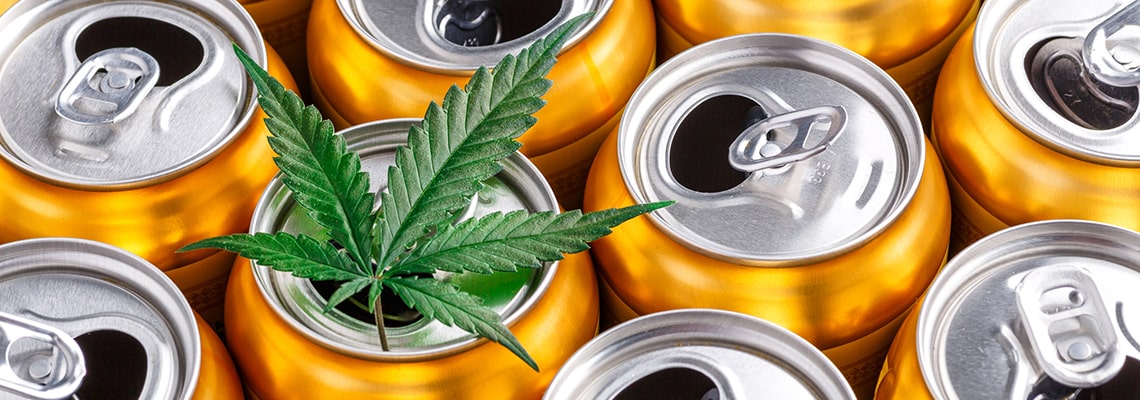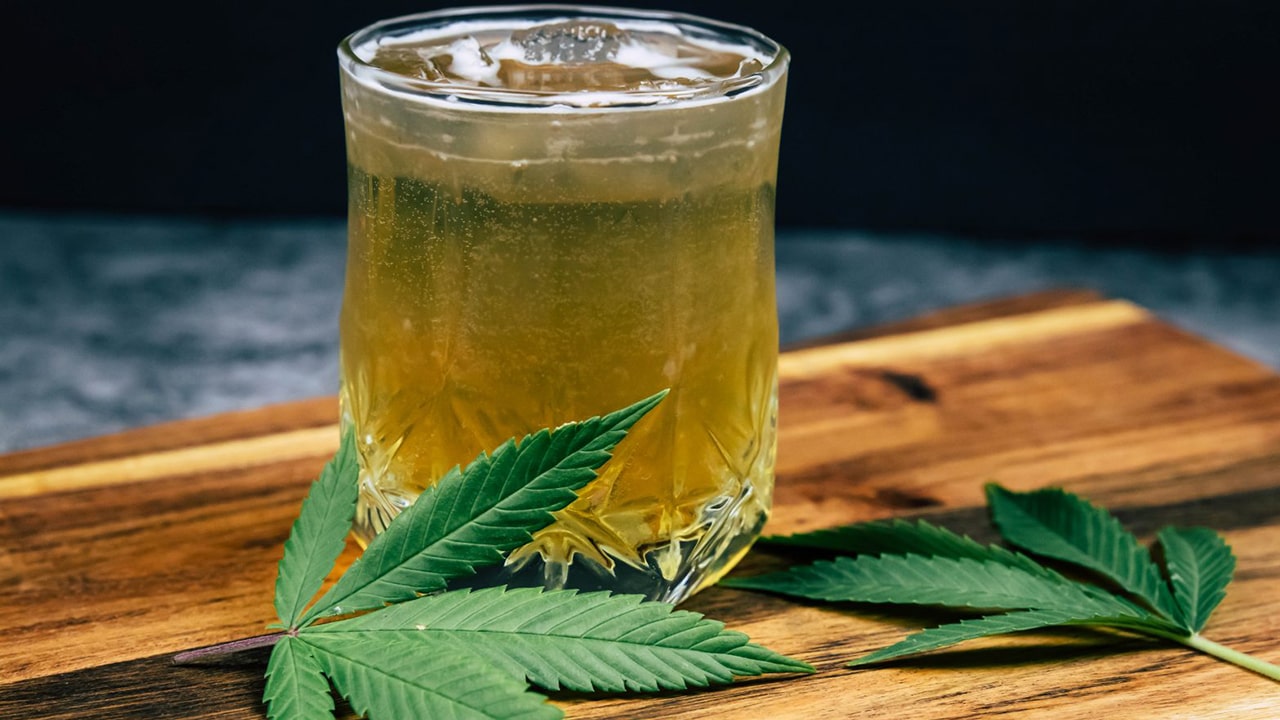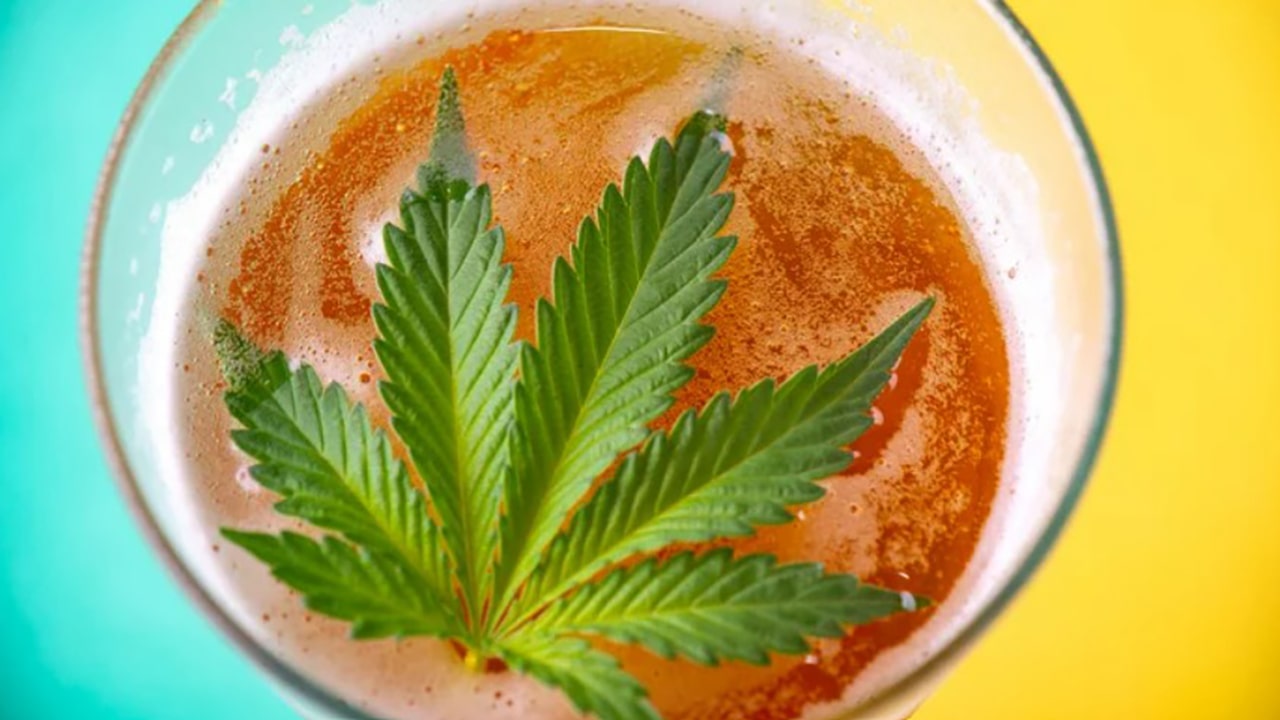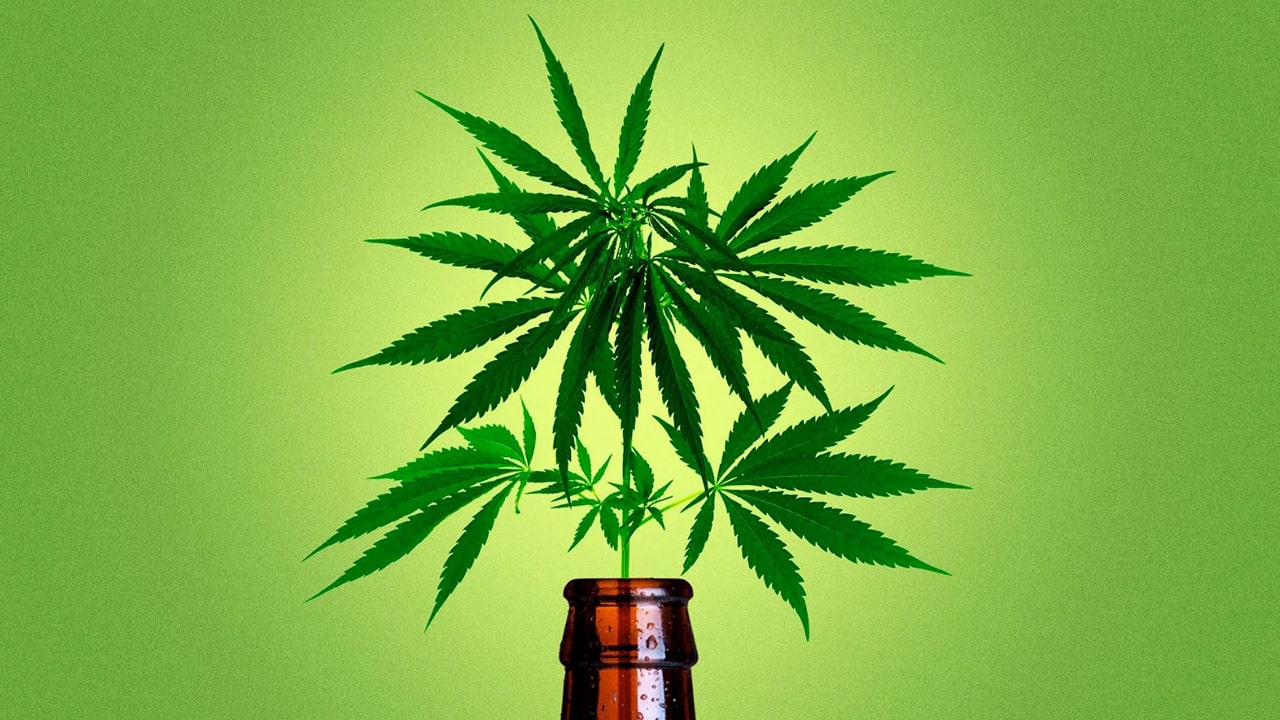There seems to be nothing in your cart.
Didn't find what you were looking for? Contact our consultant.
To save your shopping cart until your next visit, create an account or register .
Browse our Hits sales
There seems to be nothing in your cart.
Didn't find what you were looking for? Contact our consultant.
To save your shopping cart until your next visit, create an account or register .
Browse our Hits sales

Content
The legalization of cannabis in various countries and regions has a significant impact on the economy, including the alcohol market. The cannabis industry is growing rapidly, creating new trends in consumption and changing the balance of power in traditional sectors. Let's take a look at how the cannabis market is affecting the alcohol industry, breweries and the wine industry.
Following the legalization of cannabis in many countries and regions, the alcohol market has begun to face significant competition. More and more consumers are opting for recreational cannabis, leading to a gradual decline in demand for traditional alcoholic beverages. This change is particularly noticeable among young people and millennials, who are more likely to choose sativa or hybrid varieties for relaxation and social interaction over alcohol consumption.
Studies show that in places where cannabis sales are allowed, there is a drop in alcohol sales, especially beer sales. This is because cannabis, especially sativa, can produce euphoric and energizing effects without the side effects such as hangovers or aggressive behavior common with hard liquor. As a result, breweries and the wine industry are forced to adapt to the new reality by developing alternative products that include CBD or cannabis extracts.
In addition, a decrease in alcohol consumption has also been noted among health-conscious individuals. Cannabis is perceived as a safer relaxation option, especially medical cannabis with high CBD content, which helps manage stress and anxiety without the risk of alcohol dependence. This is leading to a change in consumer behavior that could dramatically affect the alcohol market in the long run.
Thus, the competition between cannabis and alcohol is becoming more prominent. Whereas beer, wine and spirits were once the primary means of recreational enjoyment, the cannabis market now offers more diverse and, according to many consumers, less harmful alternatives. Consequently, alcohol companies are either losing ground or moving into new forms of business by investing in cannabis production and developing innovative THC and CBD beverages.

The cannabis industry is having a significant impact on alcohol producers, forcing them to rethink their strategies, find new niches and adapt to changing consumer preferences. In the face of cannabis legalization, breweries, wine brands and spirits producers are taking various steps to maintain their market share.
Many alcohol companies have begun experimenting with new products by adding CBD or THC to them. CBD drinks are especially popular because they have no psychoactive effects, but they do promote relaxation, reduce anxiety, and improve sleep.
Some companies have gone further and created low-THC drinks, offering consumers an alternative to traditional alcohol. For example, non-alcoholic wines and beer drinks with indica extracts can already be found in California and Canada. Such products are positioned as a milder and safer way to relax without causing hangovers and the negative effects associated with alcohol.
Recognizing the growing popularity of cannabis, major alcohol producers have begun investing in its production and processing. This has taken several forms:
With increasing competition from the cannabis market, alcohol companies are being forced to change their marketing approaches:
Thus, cannabis production and its growing popularity are forcing alcohol companies to radically rethink their strategy. Some producers see it as a threat, losing profits due to decreasing alcohol consumption, while others see it as an opportunity to expand and integrate into the fast-growing cannabis market.

The legalization of cannabis continues to change the economic landscape, affecting various industries, including alcohol. In the future, the cannabis market and the alcohol market will develop in parallel, creating new forms of competition and cooperation. Alcohol producers are already looking for ways to adapt to the changed environment, and consumers are increasingly choosing alternative products such as CBD oils and THC beverages.
Current trends show that more and more people are choosing to use medical and recreational cannabis over traditional alcohol. This is due to several reasons:
In response to this trend, major alcohol corporations have begun to actively explore the cannabis market. In the coming years, we can expect to see growth in CBD-infused beverages, as well as innovative products combining alcohol and cannabis extracts.
To understand how the cannabis industry is impacting the alcohol market, let's look at the major trends:
| Option | Alcohol market | Cannabis market |
| Sales growth | Decreases in regions with legalization | Increased by 15-20% per year |
| Main audience | Adults 30-50 years old | Young people 18-35 years old |
| Main products | Wine, beer, spirits | Cannabis flowers, CBD oils, THC drinks |
| Trends | Decline in popularity among young people, shift to non-alcoholic analogs | Growing interest in products with CBD and THC, emergence of new consumption formats |
| Innovations | Experimenting with new flavors and low-alcohol products | Infused beverages, medical and cosmetic products containing cannabis |
As the cannabis industry grows, states are being forced to adapt laws to the new realities. This includes:
Looking forward, we can expect further expansion of the cannabis market and its deeper penetration into related industries. Alcohol producers will either accept the new playing field and start integrating cannabis products into their product lines, or risk losing a significant part of their audience.
The cannabis industry is already having a strong impact on the alcohol market, changing consumer habits, forcing alcohol companies to find new solutions and develop innovative products. In the future, cannabis can be expected to continue to grow in popularity, especially in countries where legalization continues. This will lead to a transformation of the alcohol market and a possible merger of the two industries through joint products such as alcoholic beverages with CBD and THC.

Attention! Errors Seeds does not encourage you to grow cannabis and does not promote it in any way. Cultivation is prohibited by the legislation of Ukraine. The article is of scientific and introductory interest only.